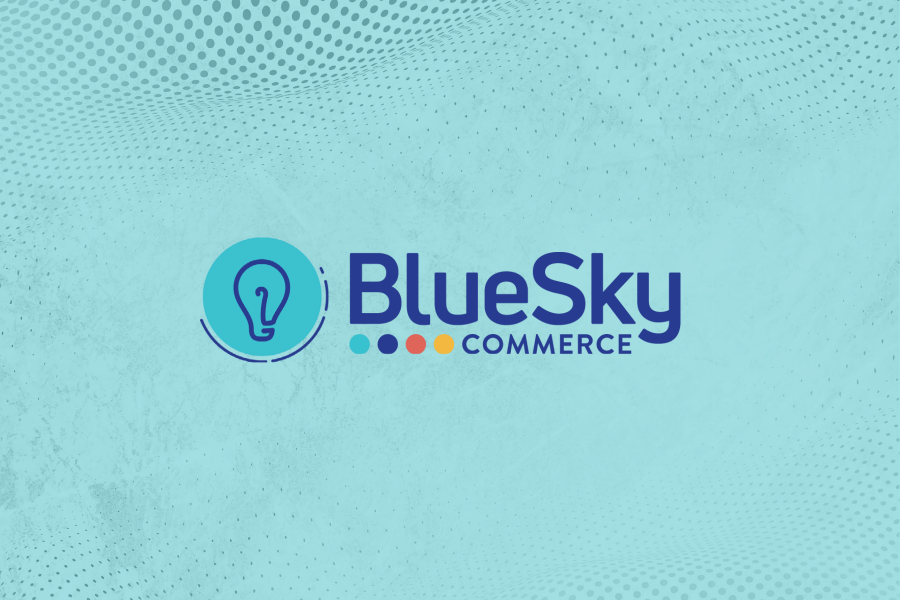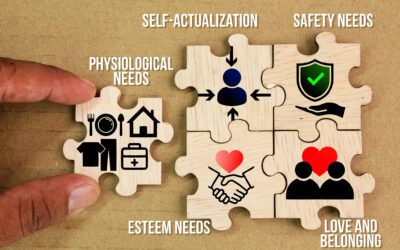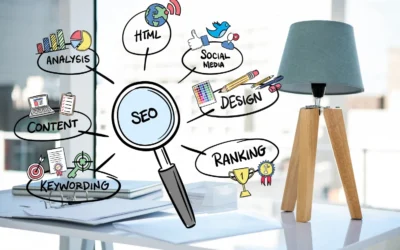Trends in the Software and Technology space come and go, but one consistent question we always get from prospects and clients centers around buying versus building. The challenge in answering this loaded question is that not every scenario is the same. However, there are some universal truths to consider before pulling the trigger.
Strategically, your organization must have a keen understanding of your core competencies. Is software development your technical and product team’s expertise? Do you have resources available at scale to deliver and support complex projects? Do you have a clear understanding of your roadmap across the entire company? What is your organizational and financial appetite to resource to your roadmap in the short term and long term?
Advantages to building your own technology solutions:
- Customized to You. You will have design and integration freedom in design and architecture rather than buying something off the shelf and configuring it to your specific use cases.
- Controlled by You. When things like security, timing of updates, capability increases are priorities, this allows you to not worry about someone else holding the keys to your future.
- Integrated for You. It is important to ensure your new technology can work with legacy infrastructure and tools rather than purchasing and implementing everything at once.
Disadvantages to building your own technology:
- Costly for You. We can all agree that one piece of technology or software does not hold all the answers to your problems, or else everyone would be using it. When you start to build out your solution, you should know you now are responsible for choosing the best solution, implementing, integrating and updating it all yourself.
- Draining to You. When you are left to your own devices and resources to implement, integrate and update technology, this can take time to balance other work with the management of technology. If you do not have enough resources to do it timely, you have to add to get it done. If you do not add, you must understand that something that may have taken weeks, can take months or years to complete. This can put you at risk of being left behind by your competitors.
- Maintained by You. Not to drag this point out more, but if you do all the development and integration of your solution, you are now on the hook to maintain it for all the reasons we mentioned before (security, compliance, responsiveness, performance). You may find yourself paying for things that are often included with pre-packaged solutions in terms of people, time and money. Furthermore, the risk of losing subject matter expertise in the development and maintenance of the technology is great, putting further strain on the organization should you lose this resource.
Let’s now explore the same advantages and disadvantages of buying solutions to meet your hardware and software needs. Overall, purchasing hardware and software can provide you with peace of mind that it will be updated and maintained for you.
Advantages of purchasing technology:
- Updated for You. Most software and hardware purchase from a third party include automation updates and maintenance along with warranties that protect you against failure and defects.
- Cost Effective to You. The initial price tag of most purchased technologies can make companies second guess their decisions, but understanding the long term cost savings is key. Use a three year calculation for cost of ownership versus the first hit when making a buying decision.
- Immediate Access by You. As soon as you purchase your software, your team can access it immediately. This allows the team to familiarize themselves with the nuts and bolts of the technology, shortening the time to payback and adoption.
Disadvantages of purchasing technology:
- Not Customized for You. This is not absolute. Most purchased software does come with varying degrees of customization. You need to decide how flexible it is for your use cases.
- Not Owned by You. Again, this is not 100% true in all cases, but you must ask pertinent questions up front of any third party who owns the data, the technology and the code. If the answer is not you or at least shared, then you may want to keep looking.
The bottom line is that you’ll want to ensure that your core competencies are aligned to your requirements. In general, you must know the answers to these questions if you are considering building and owning your own technology:
- Do you have the resources to build, release, scale and maintain the technology?
- Does your team have the ability to adapt to ever changing customer and business needs?
- Can your organization handle complexity in billing, usage, security and accessibility?
- Will your company support a community for product management and development around the technology?
- How good are you at managing complex projects across multiple teams’ priorities?
If you are considering trusting your technology to third party hardware, software and development, then you must answer the following:
- Can they provide solutions that remove complexities and heavy resource laden elements of running this technology?
- Can they put us first and align to our strategy?
- Do they offer flexibility in their capabilities with a level of sophistication we need?
- Will they allow us the control we need to adapt to customers needs and stay in line or even ahead of our industry?
- Are they willing to share their expertise in our industry from past or present clients with us?
Each business and use case is unique, but if you are locked in with your key performance indicators, strategy and organizational competencies, you can rest assured that you will make the right choice. If you are not, then BlueSky would be happy to lead you in an objective discovery around your business processes, customers, technology and talent to ensure you can get there. Plus, when you are ready, we can deliver it for you with trusted solutions tailored to your needs.





